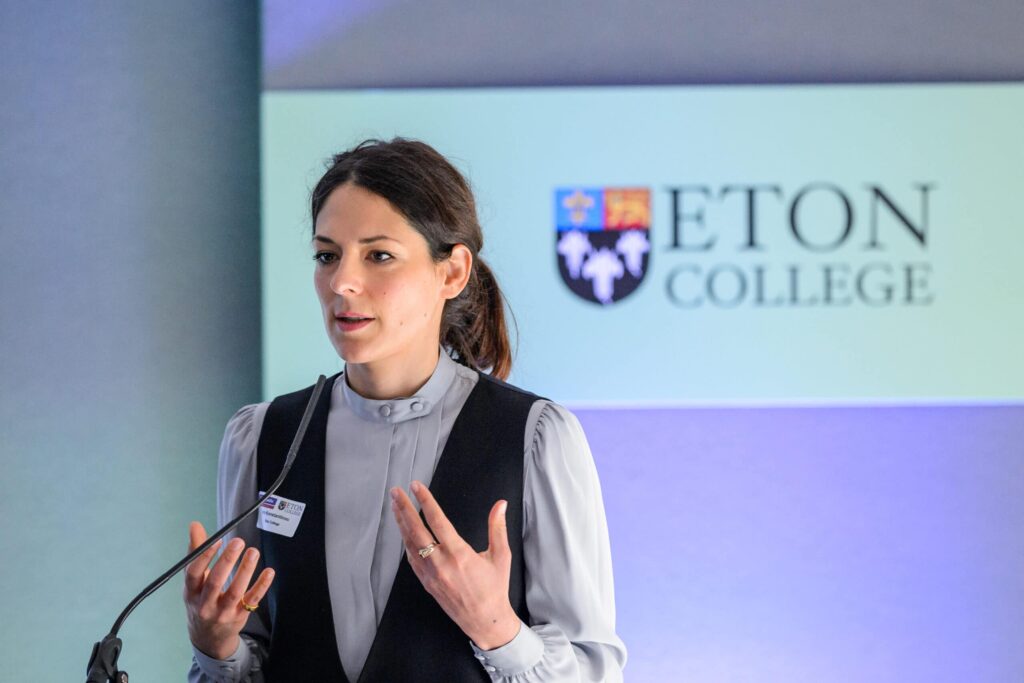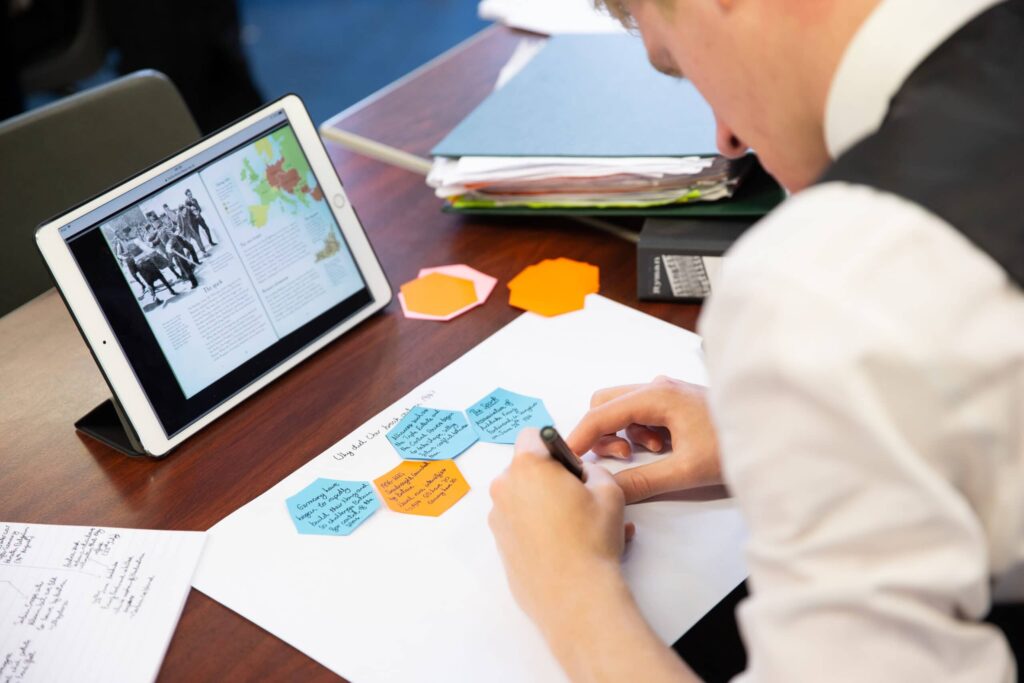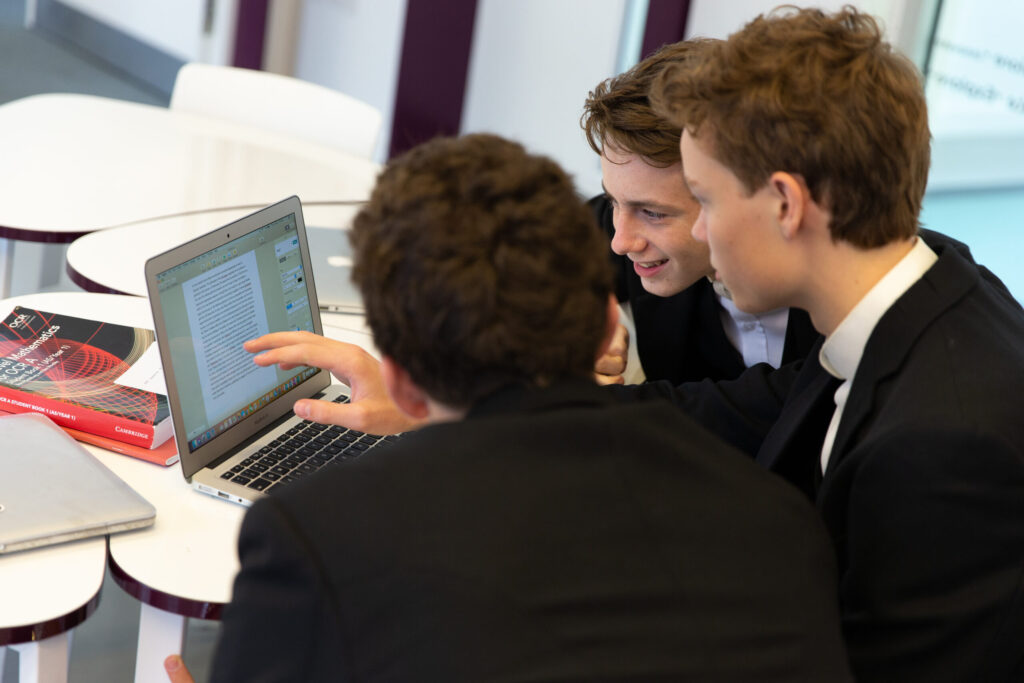CIRL
To be resilient means to be robust and adaptable in the face of adversity: to be able to resist being affected by difficulties, and when we cannot help being affected, having the ability to ‘bounce back’ quickly. Resilience takes several forms: human beings might be described as physically resilient, with the ability to recover quickly from physical injuries, or psychologically resilient, with the ability to recover from a difficult life event in a relatively short time. Organisations, too, might be described as possessing ‘organisational resilience’ if they can adapt to sudden and significant changes, such as economic disruptions.
Academic resilience
Among the other forms of resilience we might possess is ‘academic resilience’. When students receive grades below expectations or negative feedback on their work, some become motivated to work harder or identify areas in need of improvement whereas others become demotivated. Some students improve over time despite many setbacks while others plateau. Some students adapt quickly to the sudden and substantial changes between educational levels, such as the transition between GCSE and A Level study or between school and university, whereas others struggle.
There are many reasons for these differences, but one important character skill for academic success is academic resilience: adaptability in the face of academic challenges. Students need to be resilient to adapt their methods of learning, studying or working in the face of academic challenges or setbacks in order to improve.
This form of resilience is important throughout all educational levels and at the professional level. Academics require a high level of academic resilience to recover from repeated paper rejections from journals, often delivered alongside acerbic criticism which is sometimes scathing. Freelance writers need a lot of academic resilience to adapt to the repeated rejections they sometimes receive when trying to publish their first article or novel. (Consider, for example, J. K. Rowling, whose now world-famous book Harry Potter and the Philosopher’s Stone was rejected by 12 publishers before being accepted by Bloomsbury.)
The need for academic resilience in post-16 education
Many students in secondary education struggle with the changes required in their approaches to learning, study and work as they move from key stages 4 to 5 – which, in the UK, is most commonly the move between GCSE and A Level study. GCSE study is typically far more scaffolded than A Level study, and some students find it very difficult to adjust to the sudden removal of some scaffolds in the transition between the former and the latter.
One possible reason for the difficulty many students have in managing this transition is that A Level study requires some different skills to pre-A Level study, and certain skills need to be cultivated to a much higher level. For example, independent learning skills have to be developed to greater degrees as students move further through education, and while at some stages the development of these skills can be gradual concomitant with the progressing demands of a course, when students move between educational stages the level of skill required suddenly increases substantially. Such changes also take place between school and university, and between undergraduate and postgraduate study; so, developing some of the skills required to succeed in A Level study are vital for higher education, too. These are examples of where academic resilience may be important.
Possible relations between academic resilience and other character skills
There has been much research on resilience and it is an extremely hot topic in psychology, education studies and popular culture. This only looks set to increase, given the obvious importance of resilience in our lives as we adapt to the huge changes brought about by the COVID-19 pandemic. There is also a growing body of research on academic resilience (see the end of this article for some recommended articles). Scales have been developed for assessing the development of academic resilience in university students, such as the Academic Resilience Scale. Some research studies involving the Academic Resilience Scale suggest that those who possess high levels of academic resilience have an increased likelihood of educational success despite adversity.
While there is growing research in this field, it is not yet clear what exactly ‘academic resilience’ is or how it is best developed. It is also not clear how academic resilience is connected to other types of resilience – for example, to what degree and in what ways being highly psychologically resilient would make a person academically resilient, or how the development of academic resilience could develop psychological resilience generally. Moreover, it is not clear how academic resilience relates to other character skills – such as grit, perseverance, motivation and determination – or where it would fall on a web of types of resilience in relation to other character skills.
For example, there might be a connection between academic resilience, individual responsibility and care for one’s own work. The more a person sees themselves as responsible for – i.e., taking ownership over – the work they produce and care for it, the more resilience they may need when that work doesn’t meet the standard they desire. If one doesn’t take much responsibility over one’s work or cares little for it, it may be that less academic resilience is required when it doesn’t meet the standard. So, for example, if a student makes excuses such as, “It got a bad grade because… I left it until the last minute / I’d hardly slept / that teacher doesn’t like me” – less academic resilience may be needed, because a problem has not been identified that needs to be overcome by the student. Contrast these with reasons given such as, “It got a bad grade because… I didn’t do a sufficient amount of background reading / my writing style was not persuasive enough / I need to go over fractions in more detail”, where specific areas in need of improvement are identified and responsibility is taken by the student.
CIRL’s research on resilience
Resilience has been a central area of CIRL’s recent research. Last year, CIRL completed a project on developing resilience in year 9 students, conducted with BrainCanDo – an educational neuroscience and psychology research centre. The project was piloted between July 2019 and July 2020 at ten secondary schools across southern England, including co-educational comprehensive schools, single sex grammar schools, and single sex and co-educational independent day and boarding schools.
The project consisted of a classroom-based character skills programme which aimed to teach strategies and skills associated with resilience and well-being. It aimed to assess whether there was any change in pupil responses on targeted survey measures before and after the character education classroom intervention. It focused on developing resilience, rather than specifically focusing on academic resilience. For a report on the project, see here.
Future research
The development of resilience in students has been recognised as a vital component of character education (for an overview, see our earlier blogpost, ‘Resilience and Its Importance in Character Education’). But current research on and strategies for developing resilience in students tends to focus on psychological resilience in general, rather than academic resilience in particular. Understanding what exactly academic resilience is and how to best develop it are important areas where more research and studies are needed.
We will post further blogposts on academic resilience, including strategies for helping students to develop it, over this academic year. For strategies on how students can learn to build resilience, see our earlier blogpost, ‘Four Strategies for Developing Resilience’. While those strategies concern the development of psychological resilience in general rather than focusing on academic resilience, they may help to develop the latter, too.
Articles on academic resilience
Simon Cassidy, ‘Resilience Building in Students: The Role of Academic Self-Efficacy’, Frontiers in Psychology, Vol. 6, 2015, pp. 1-14.
Simon Cassidy, ‘The Academic Resilience Scale (ARS-30): A New Multidimensional Construct Measure’, Frontiers in Psychology Vol. 7, 2016.
Antonio Coronado-Hijón, ‘Academic Resilience: A Transcultural Perspective’, Procedia – Social and Behavioral Sciences, Vol. 237, 2017, pp. 594-98.
Bahram Jowkar, et al. ‘Academic resilience in education: the role of achievement goal orientations’, Journal of Advances in Medical Education & Professionalism, Vol. 2:1, 2014: pp. 33-8.
Haibin Li, Andrew J. Martin and Wei-Jun Jean Yeung, ‘Academic risk and resilience for children and young people in Asia’, International Journal of Experimental Educational Psychology, 37: 8, 2017, pp. 921-9.
Andrew J. Martin and Herbert W. Marsh, ‘Academic resilience and its psychological and educational correlates: a construct validity approach’, Psychology in the Schools 43:3, 2006, pp. 267-281.
Andrew J. Martin and Herbert W. Marsh, ‘Academic resilience and academic buoyancy: Multidimensional and hierarchical conceptual framing of causes, correlates, and cognate constructs’, Oxford Review of Education, Vol. 35, 2009, pp. 353-70.




